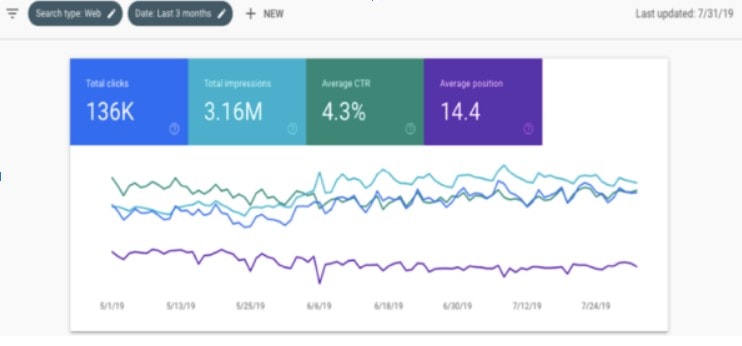Your cart is currently empty!
Tag: Search
-

Create Compelling Contents for High Rank in Search Engines
[ad_1] Create Compelling Contents for High Rank in Search Engines [ad_2]
-

5+ Free Search Engine Position Checkers In 2022
[ad_1] If you’re like me, I’m sure you’re always trying to find the best products around. Sometimes it can be hard to tell what’s good and what’s not, since there are so many products out there competing with each other for your attention which leads to all kinds of faulty advertising. But in this article,
-

A Simple Guide To Understand Keyword Search Volume 2022
[ad_1] Even if you’re absolutely new to search engine optimization (SEO), you definitely came across the concept of keyword research. In turn, keyword research is essentially based on two metrics that you should consider for choosing which search queries you should optimize your site for: Keyword search volume; and The level of competition for that